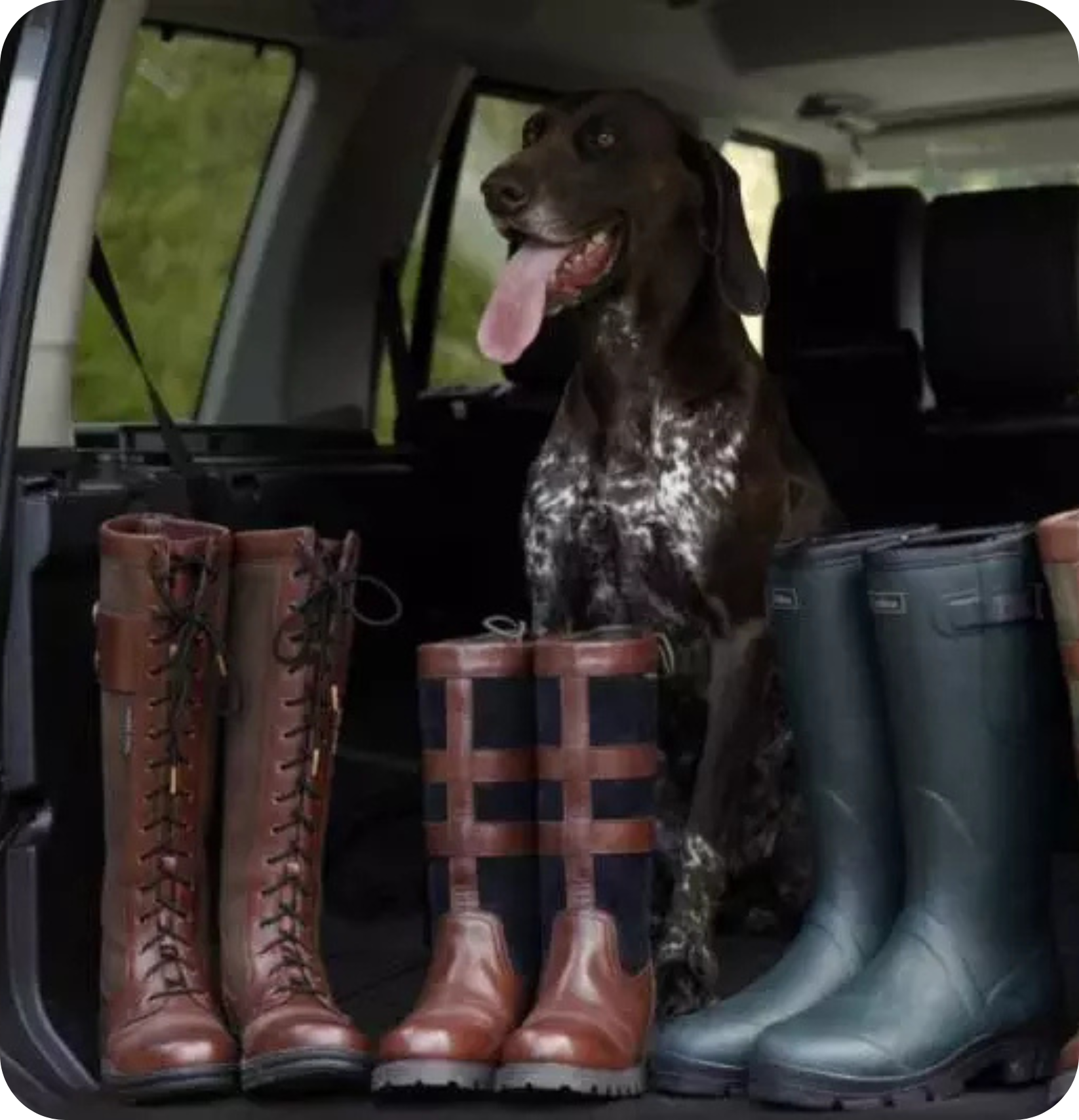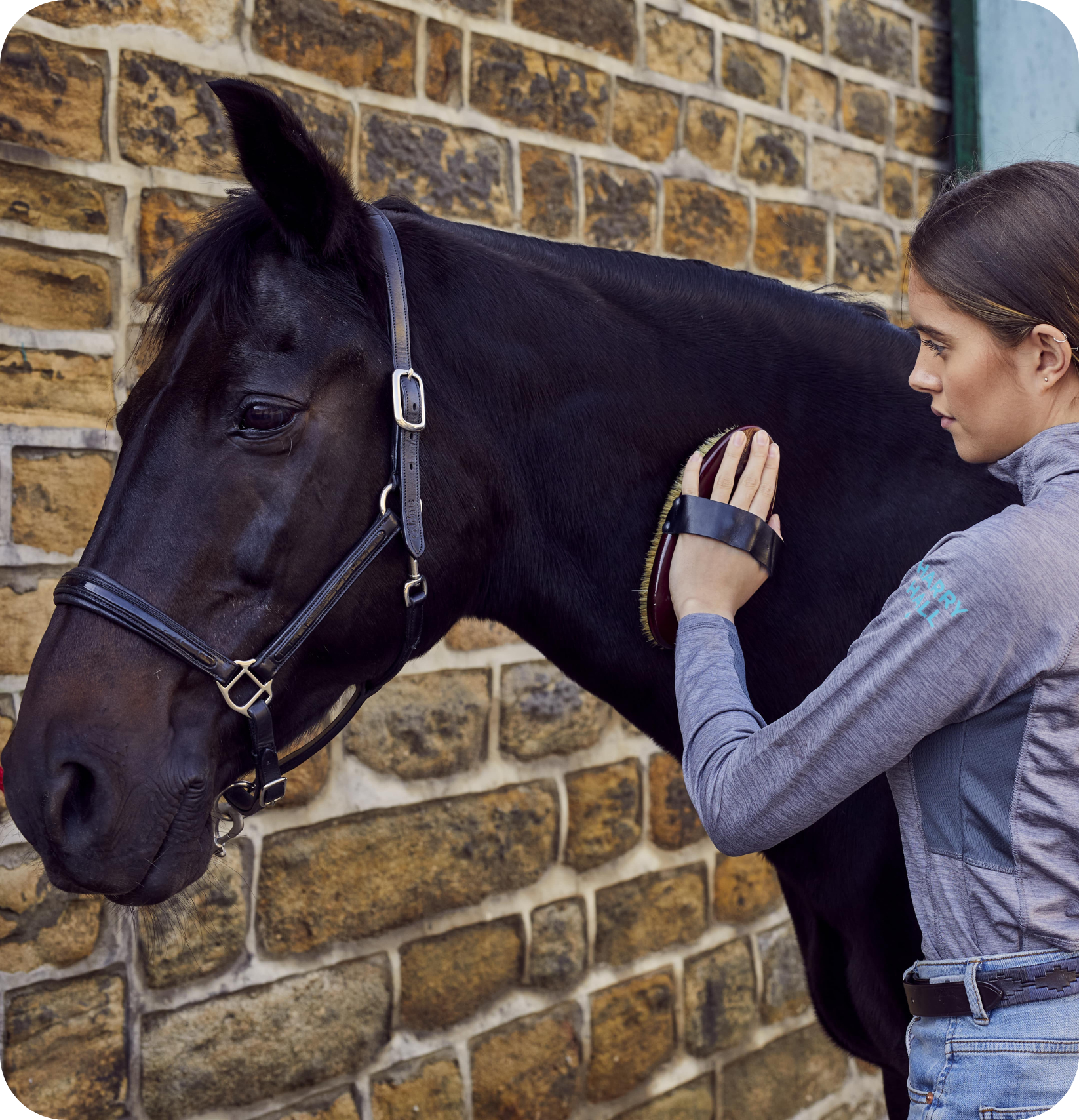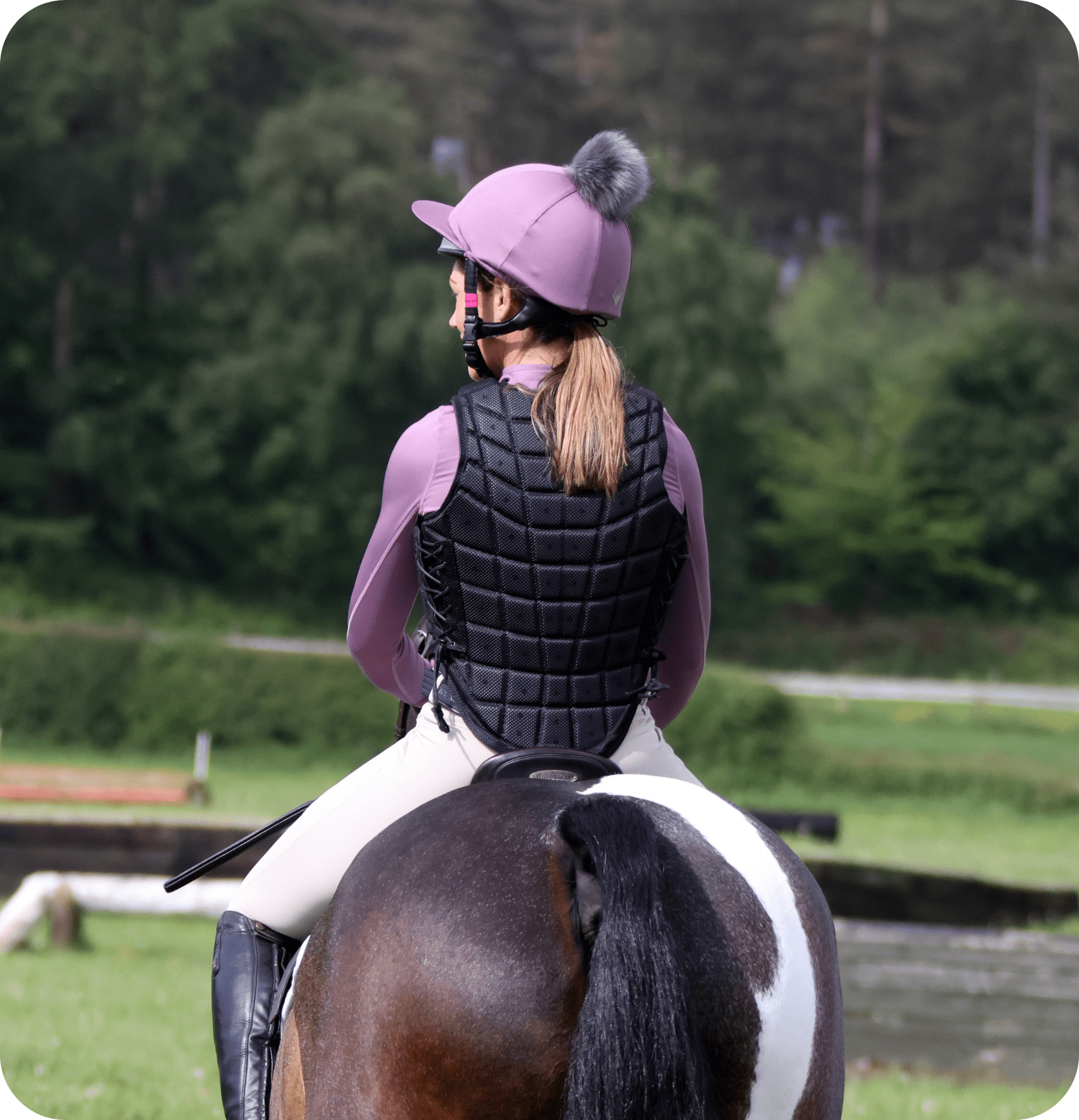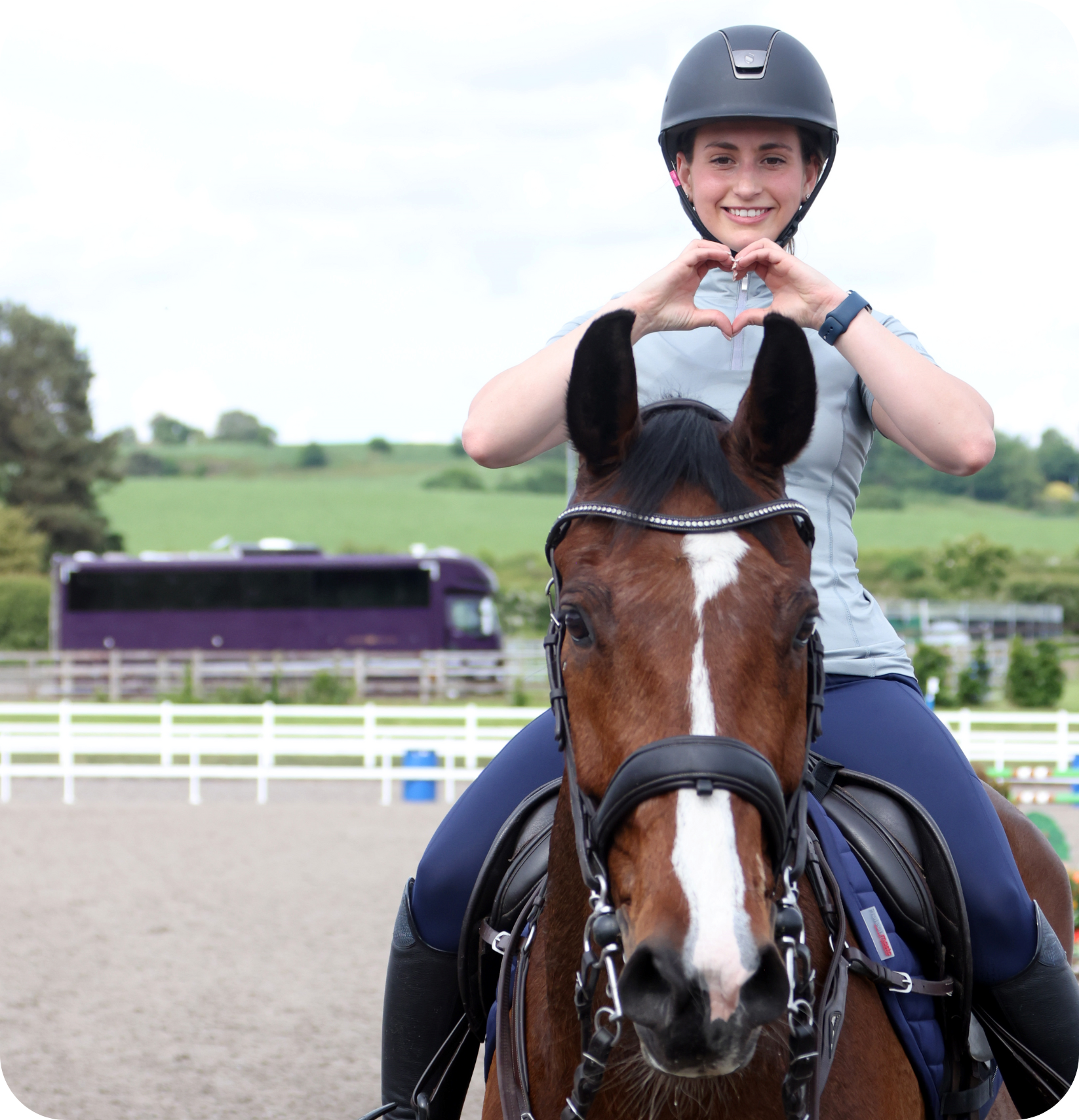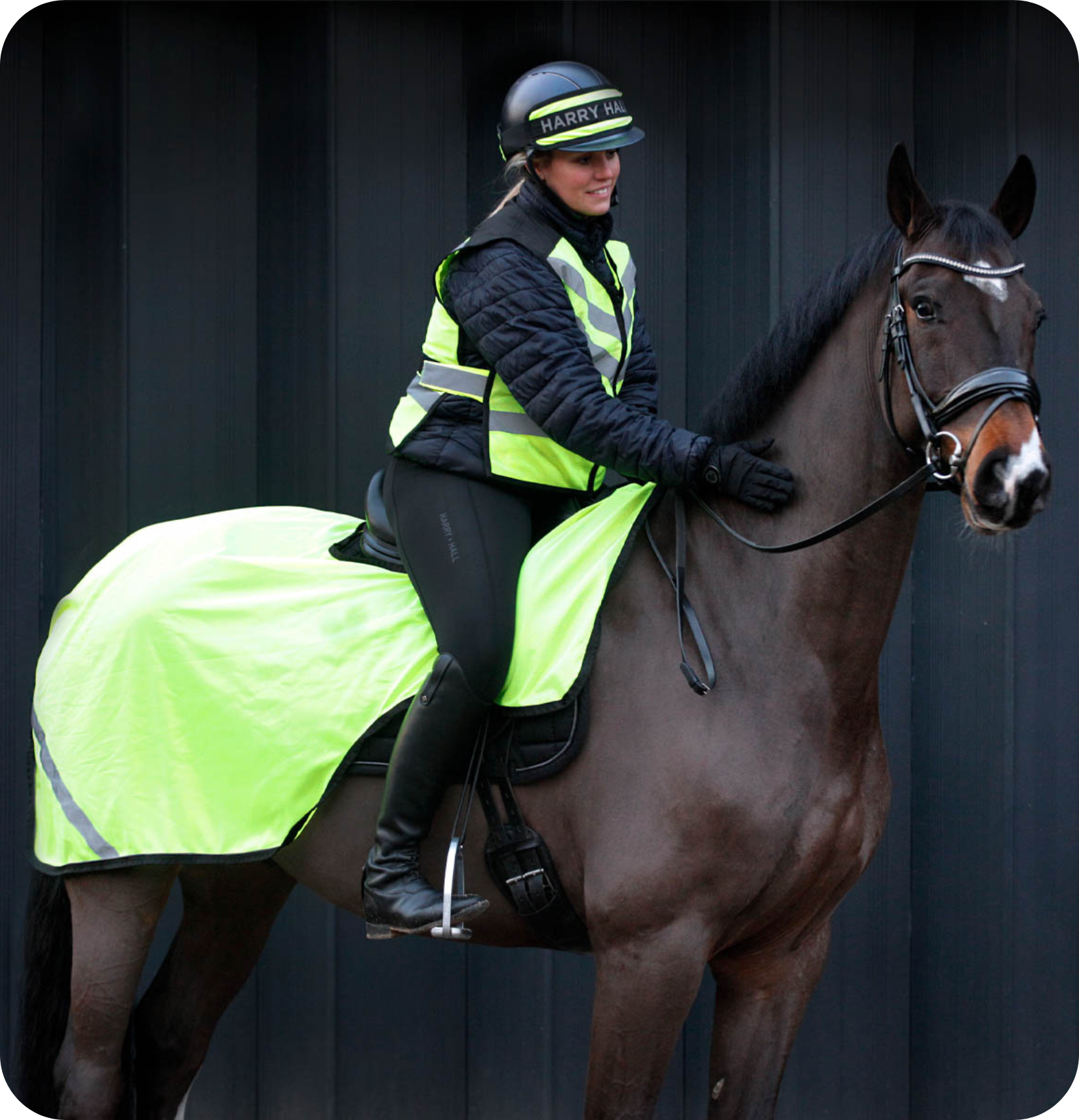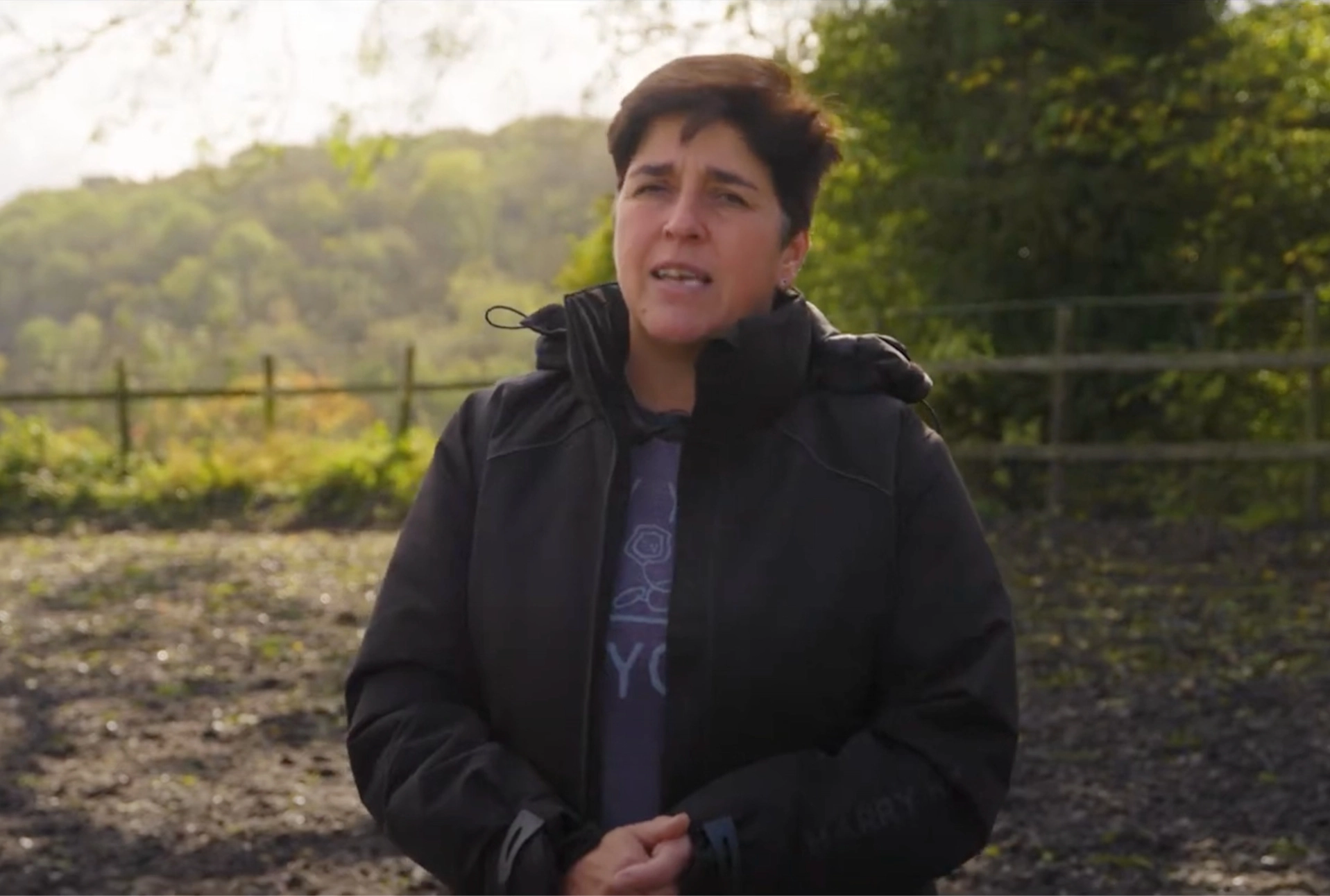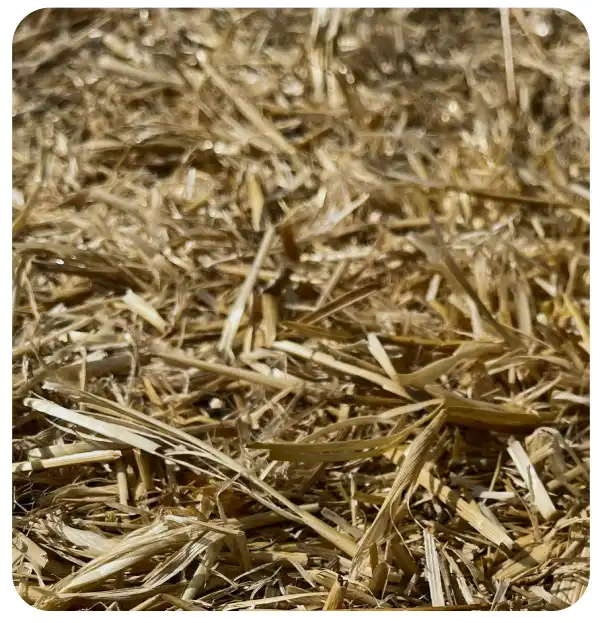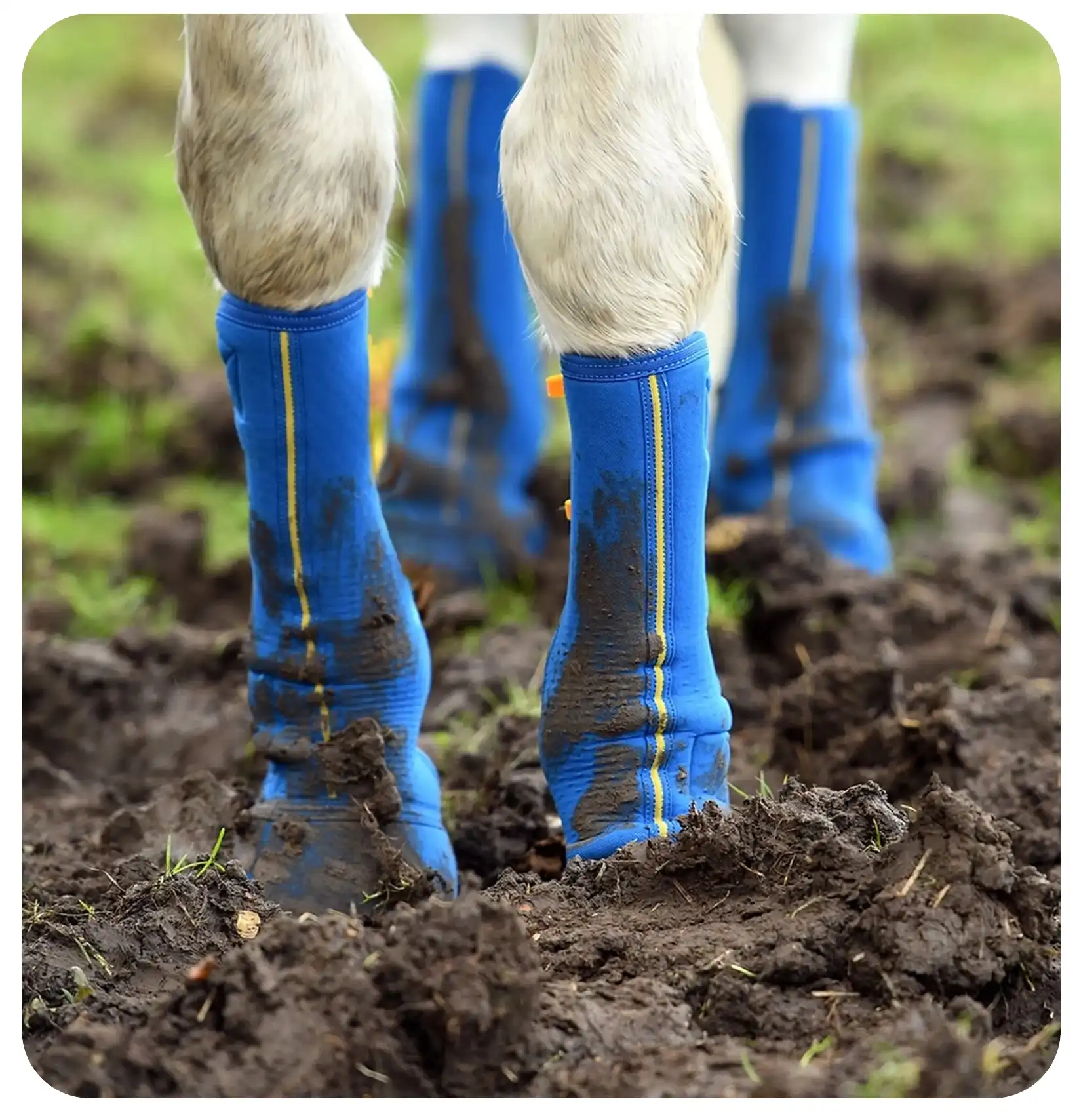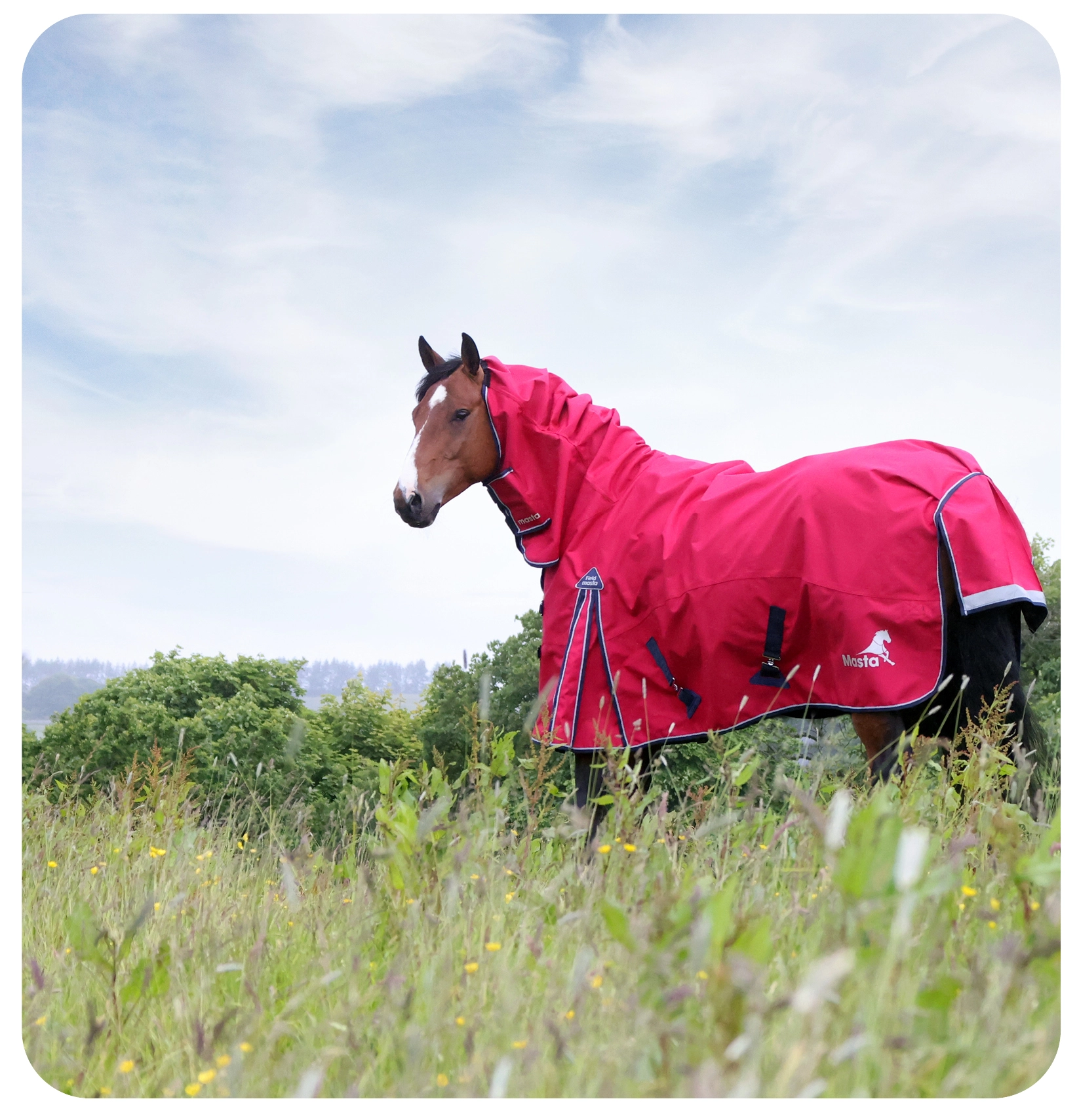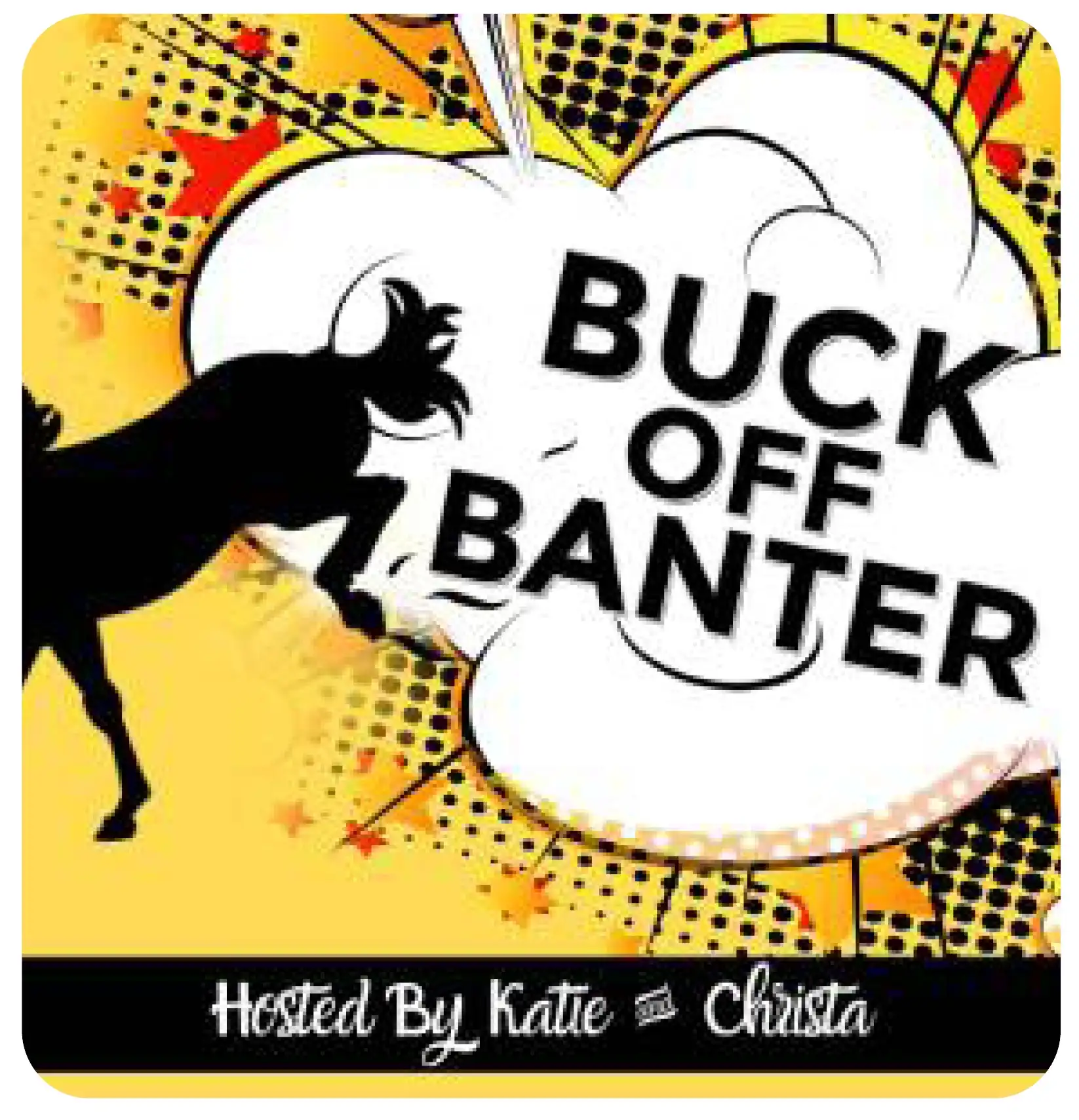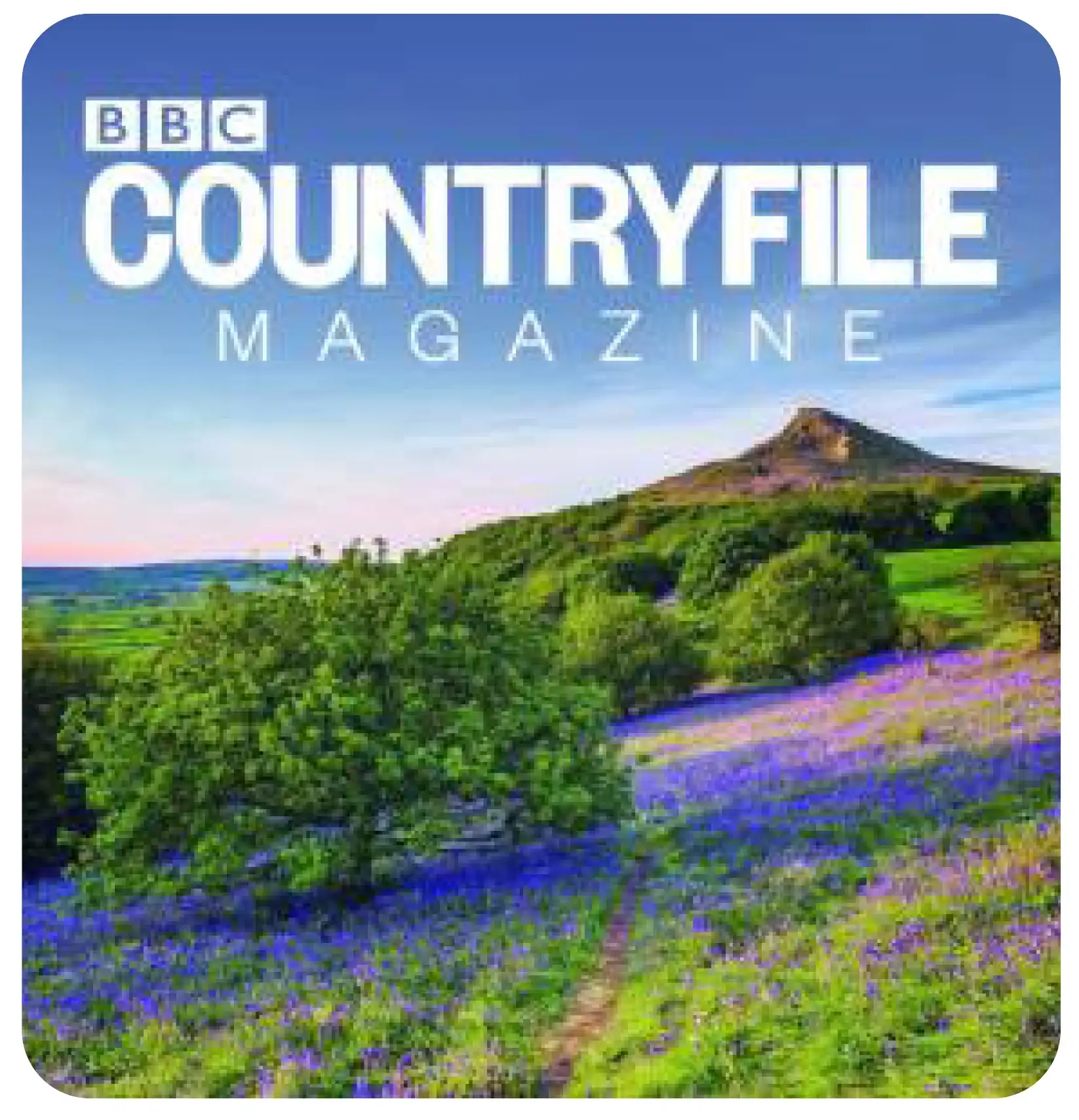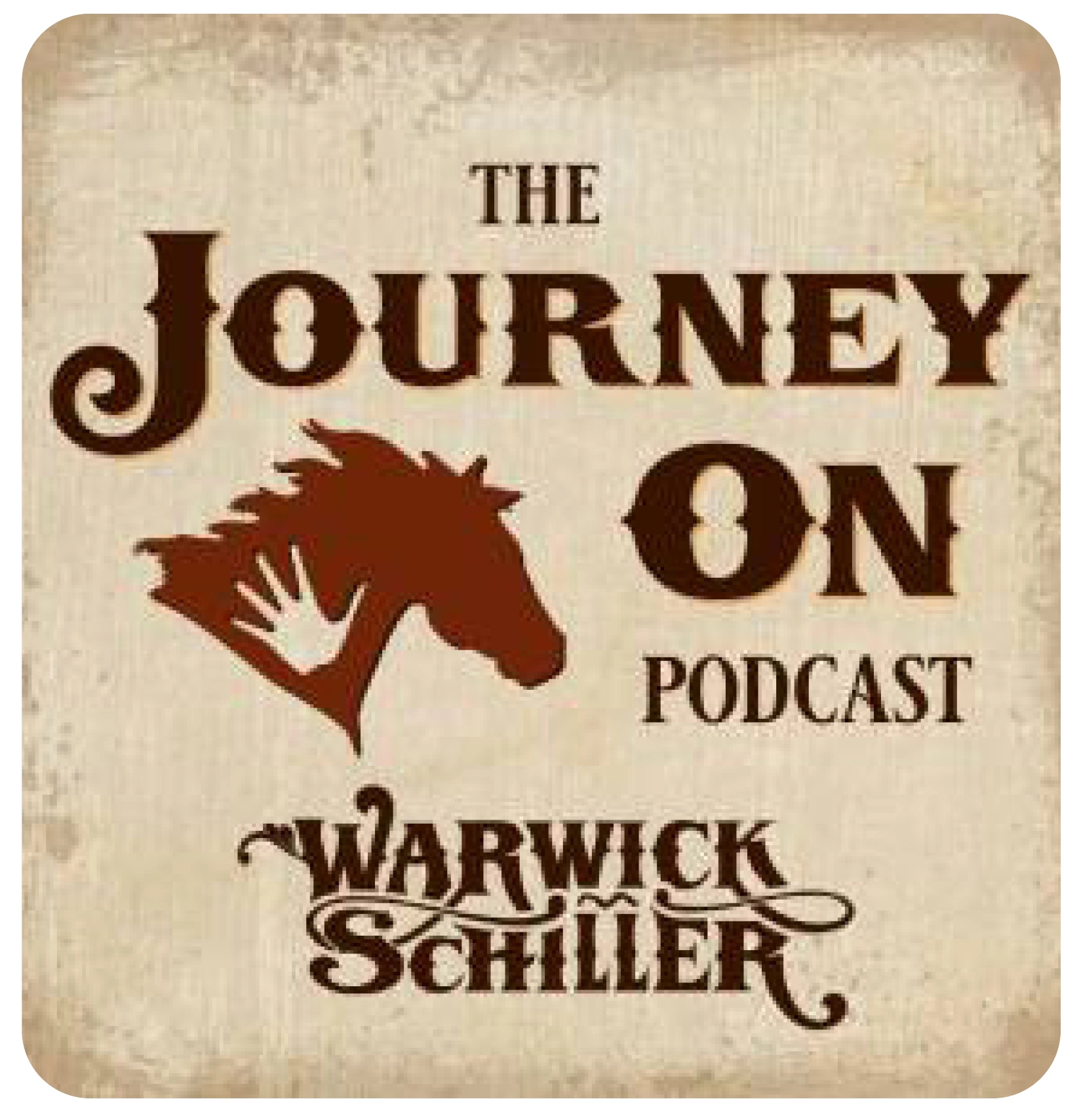Need-to-know advice for every horse and rider
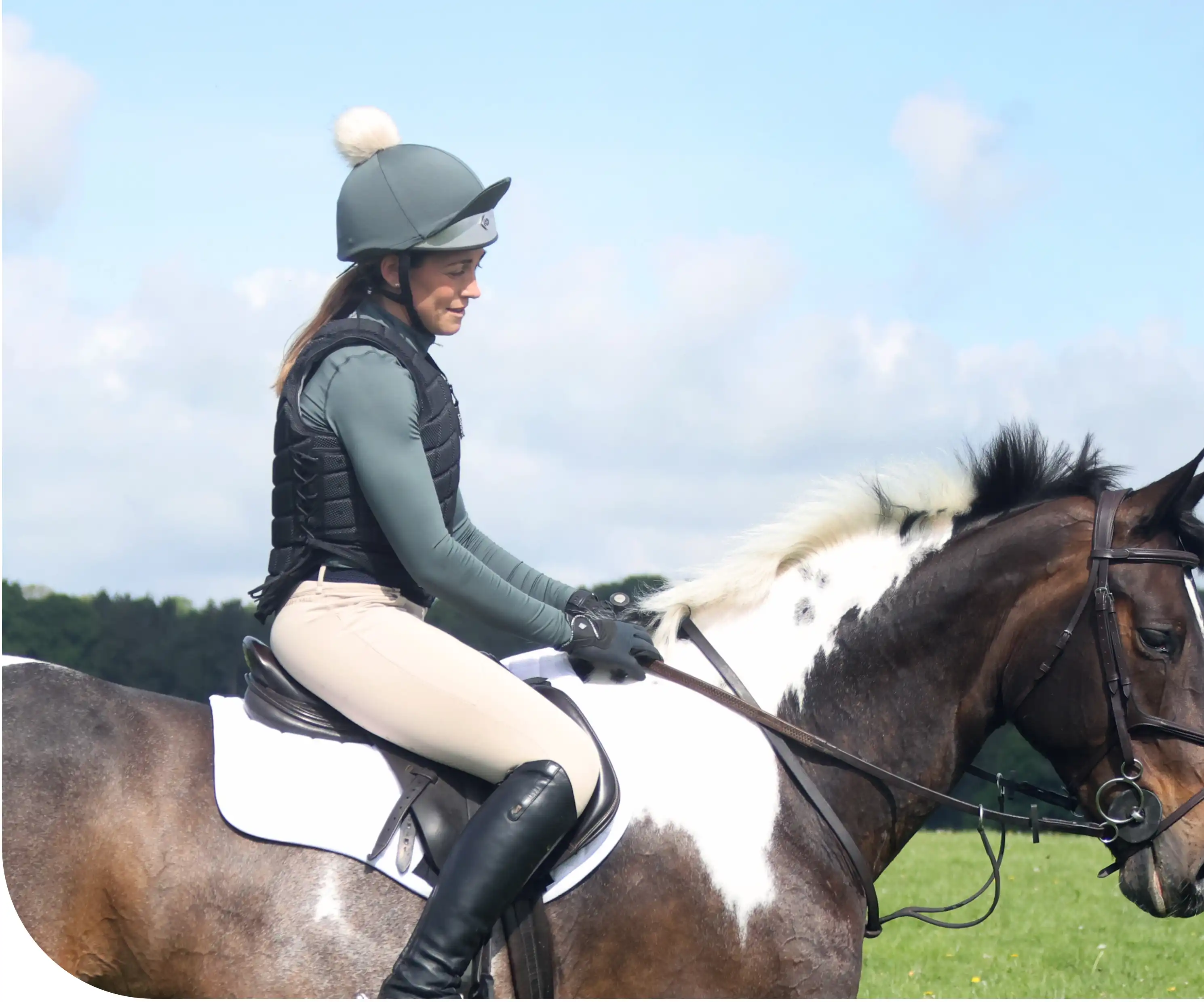

Helpful Guides
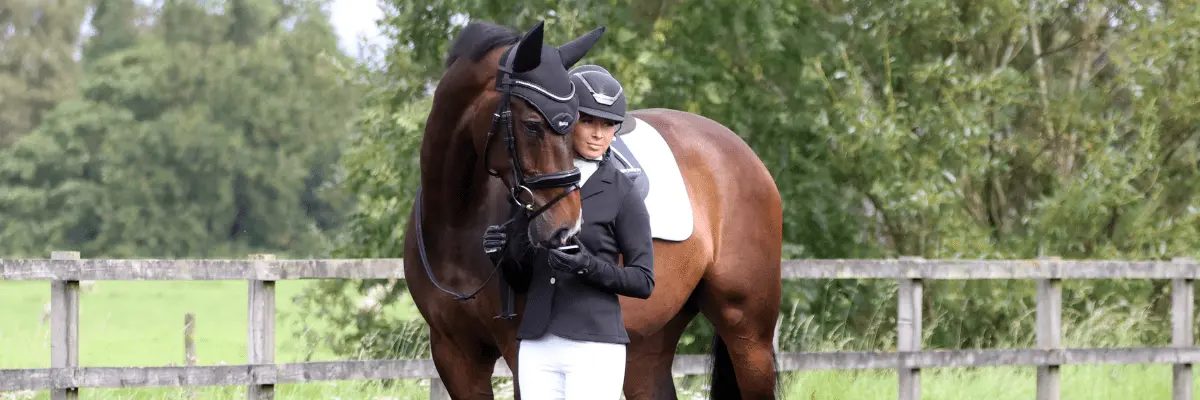

Riding Tips
How do I prepare for the eventing season?
It is so important to plan ahead when thinking of competing in an eventing season - We plan our holidays! There are several considerations to tkae into account, is my horse fit enough? What do I need to take with me? With this guide incorporated with our expert's top tips, we can help you and your horse be fullly prepared for the eventing season!


Read the One Club Magazines
Grab a cup of tea and flick through our One Club digital equestrian magazines. Our latest issue is full of product ideas and an intro to your insurance options.

